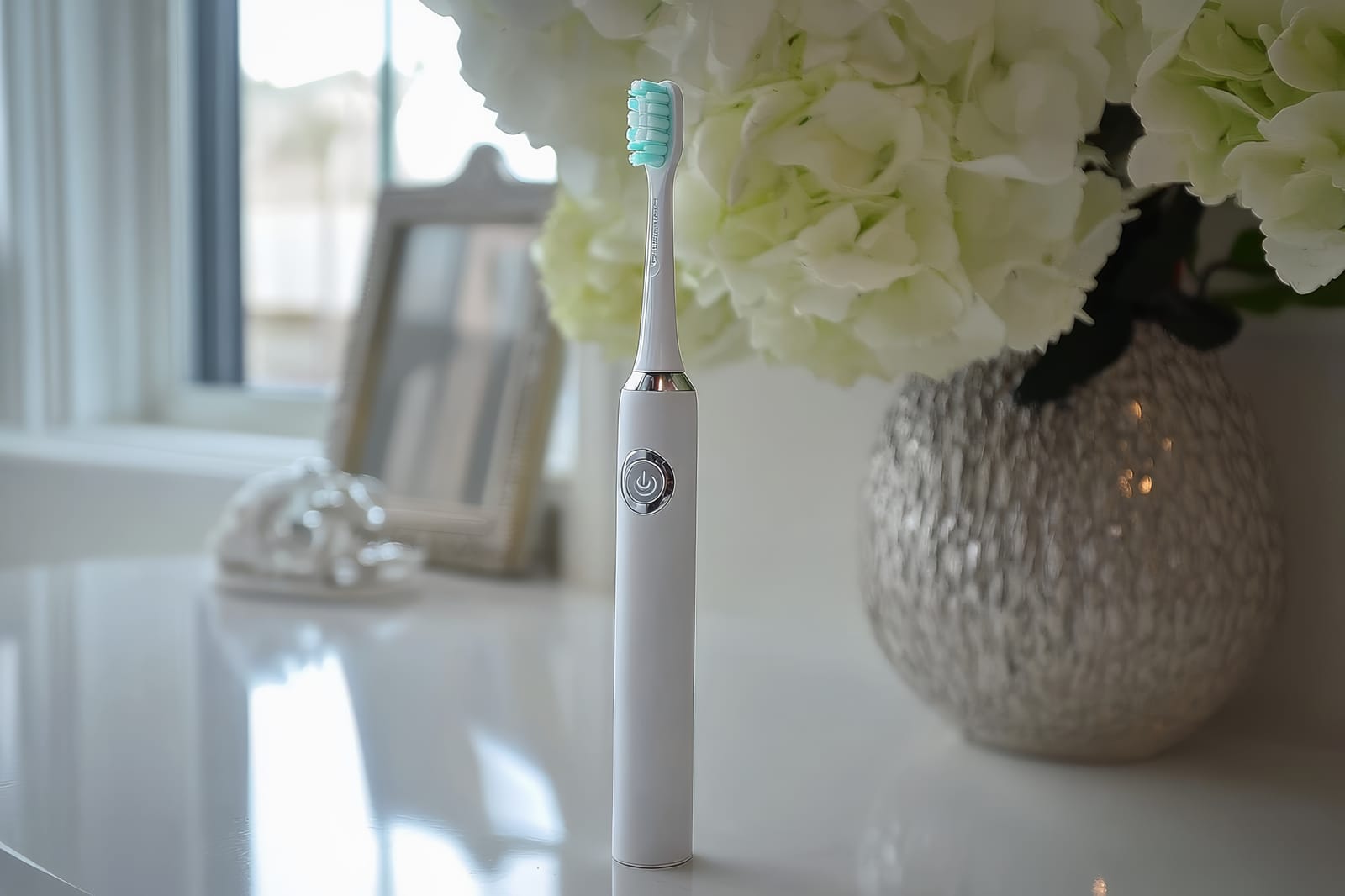Nitrous Oxide Use for Patients With Dental Anxiety

Going to the dentist can be a scary prospect for people who have dental anxiety. They will have to conquer their phobia to receive treatment, which is easier said than done.
Fortunately for those people, most dentists are able to help their patients overcome their anxiety with the use of sedation dentistry.
Dealing with dental anxiety with nitrous oxide
Sedation dentistry can simply be defined as using medication to help patients relax during dental procedures. It is commonly used to help people who have dental anxiety feel more comfortable in the dentist’s chair.
Nitrous oxide, also known as laughing gas, is one of the most commonly used forms of sedation. It is an odorless gas which is mixed with oxygen and inhaled through the nose. The gas has helped many patients that deal with anxiety experience calm, comfortable cleanings and dental procedures. It is also safe and does not metabolize in the body, which means it does not get processed through the organs like other medication.
How does nitrous oxide work for people dealing with dental anxiety?
Unlike some other types of drugs used in sedation dentistry, nitrous oxide does not knock the patient out or put them to sleep. The gas relaxes the patient and gives them a pleasant sensation while reducing their sensitivity to pain. In some cases, the cheeks and gums may go numb when the gas is administered.
Once the treatment is complete, the dentist will give the patient pure oxygen to reverse the effects of the nitrous oxide. When the oxygen has been administered, the nitrous oxide will be expelled from the body within minutes. Unlike some other forms of sedation, there is no grogginess after and the patient will be able to drive themselves home or to work after the treatment.
How is nitrous oxide administered?
The gas is administered before treatment begins. Patients breathe nitrous oxide, which is combined with oxygen, through a mask that is placed over their nose. The dentist will control the amount they receive to make sure the patient gets the right amount of gas needed during treatment.
How safe is it to use nitrous oxide?
One of the reasons some people are wary about using nitrous oxide when receiving treatment is the fact that they are not sure how safe it is. Fortunately, there are no side effects when it comes to using this gas. Nitrous oxide is not an irritant nor is it an allergen. Only a small minority of patients have experienced negative side effects.
Dentists consider nitrous oxide to be one of the safest anesthetics available. It is so effective and they do not have to prescribe another sedative before treatment to be used along with it. Nitrous oxide is also safe enough to be used on children.
Conclusion
Nitrous oxide is a very useful sedation tool for patients dealing with dental anxiety. If you get nervous every time you have to visit the dentist, ask your dentist if they practice sedation dentistry and if nitrous oxide is right for you.
Request an appointment here: https://www.stgeorgedentalcare.com or call St. George Dental Care at (435) 628-9099 for an appointment in our St George office.
Check out what others are saying about our services on Yelp: Read our Yelp reviews.
Recent Posts
Having a sensitive sense of smell can be both a blessing and a curse, as nothing disrupts personal comfort more than an unpleasant odor emanating from your mouth. A common concern for dental patients is the distinct and often embarrassing "rotten tooth smell." Understanding its causes, implications, and the appropriate remedies is crucial for maintaining…
Brushing your teeth is essential for maintaining a healthy, beautiful smile, and using an electric toothbrush takes oral hygiene to the next level. At St. George Dental Care, located in St. George, UT, we're passionate about helping our patients maintain optimal oral health through modern dental practices and expert advice. Electric toothbrushes are revolutionizing dental…
When it comes to maintaining your dental health, understanding the professionals who provide care can make all the difference in your experience. The terms "dentist surgeon" and "dentist" are often used, but many people don't fully grasp the distinctions between them. Are their education, scope of practice, and services they provide the same? Which should…
Does the thought of sitting in a dentist's chair make your palms sweaty? You're not alone. Dental anxiety is something millions of people experience, but we at St. George Dental Care believe visiting the dentist doesn't have to be nerve-wracking. That's why our focus goes beyond just cleanings and checkups—we strive to make you feel…


